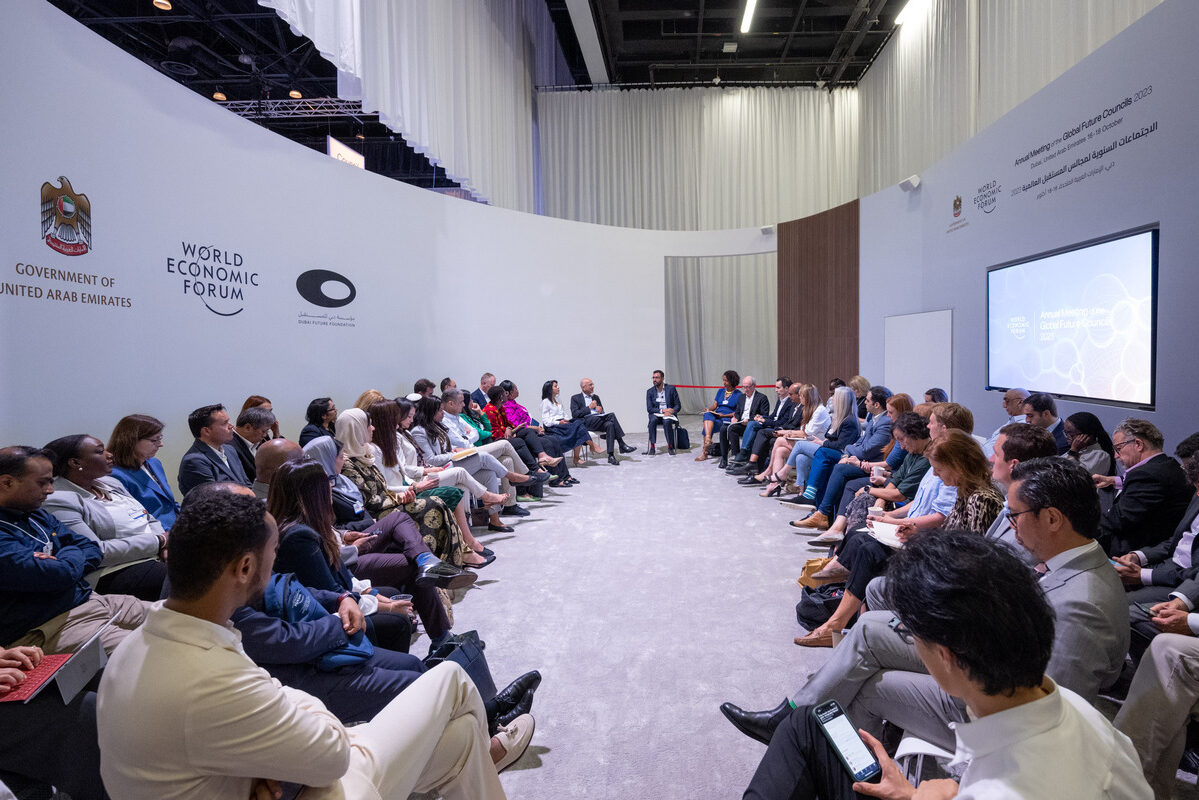During the annual meeting of the Global Future Councils, attendees engaged in discussions about the key characteristics of a new social and economic era that could effectively address the current and potential future economic challenges faced by the world.
The meeting, held in Dubai and concluding today, featured 7 councils under the Economics and Finance pillar. These councils highlighted the significance of global collaboration to establish resilient and sustainable economies.
Participants formulated a series of recommendations aimed at safeguarding global supply chains. The discussions also delved into strategies for reshaping international trade and investment flows to tackle economic issues like inflation.
Advancing the manufacturing sector
The Council on the Future of Advanced Manufacturing and Value Chains directed its attention towards the evolution of the advanced manufacturing sector. The council delved into the exploration of advanced technologies and their applications within the context of the Fourth Industrial Revolution, examining their impact on economies. Success stories from various regions across the globe were also reviewed.
Furthermore, the council engaged in discussions regarding the most effective approaches to adapt to supply chain disruptions, drawing upon lessons learned from the challenges posed by the COVID-19 pandemic.
Economic shocks
The Council on the Future of Growth discussed strategies to tackle economic shocks. Council members emphasized the necessity for a new social and economic paradigm that can effectively navigate potential recessions, highlighting the inadequacy of many existing global economic policies in terms of inclusivity and sustainability.
Employment opportunities
The Council on the Future of Job Creation explored avenues for generating additional employment opportunities worldwide, with a particular focus on jobs related to green investments. The council’s primary objective was to foster job creation in both emerging markets and mature economies throughout the upcoming decade.
The participants of the Future of Economics of Equitable Transition Council highlighted the importance of achieving equitable and fair economic growth. They examined various innovative economic policies aimed at promoting such growth.
The members of the Future of Trade and Investment Council focused on strategies to enhance global economic cooperation, which plays a crucial role in facilitating trade and investment flows. The participants shed light on the significance of implementing policies that foster cross-border trade and investment.
Efficient functioning
The Council on the Future of Responsive Financial Systems touched on developing mechanisms and solutions to ensure the efficient functioning of financial systems in the ever-evolving “new normal” environment.
Investment landscape
Furthermore, the Future of Responsible Investment Council addressed the current investment landscape in the context of economic challenges and geopolitical tensions. The council stressed the importance of implementing structural changes in analysis and risk management systems to adapt to the evolving landscape effectively.
For more news on the economy, click here.








